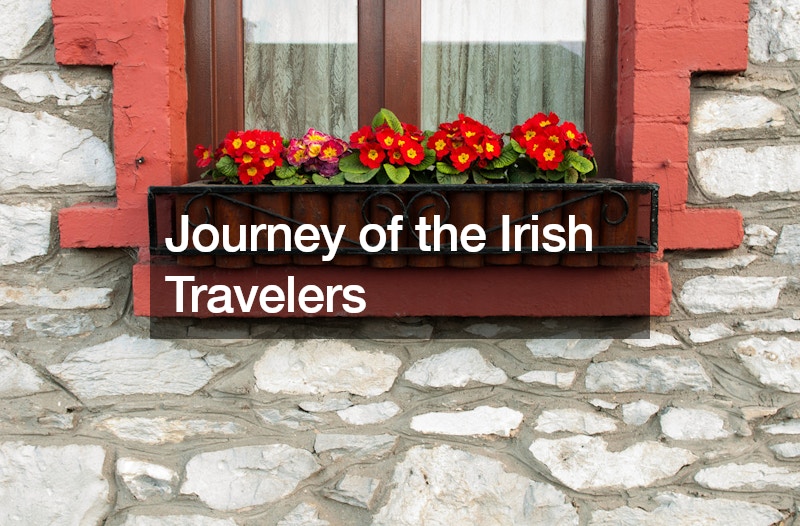
The Irish Travelers, also known as Pavee or Mincéirí, are a distinct ethnic group with a rich cultural heritage that spans centuries. Originating in Ireland, the Travelers have a long and storied history marked by resilience, tradition, and a nomadic way of life. Today, many Irish Travelers have settled in various parts of the world, including the United States, where they continue to preserve their unique customs and traditions while adapting to the challenges of modern life.
The origins of the Irish Travelers can be traced back to medieval times, when they were known as itinerant craftsmen and traders who traveled the countryside in horse-drawn wagons, selling their goods and services to local communities. Over time, the Travelers developed their own distinct culture, language (referred to as Cant), and customs, which set them apart from the settled population of Ireland.
In the 19th and early 20th centuries, Ireland underwent significant social, economic, and political upheaval, leading many Travelers to leave their traditional way of life behind and seek opportunities abroad. Large numbers of Irish Travelers immigrated to the United States, particularly to cities like Boston, New York, and Chicago, where they found work in construction, scrap metal recycling, and other trades.
Despite their long history in America, Irish Travelers have faced discrimination and marginalization, often being stigmatized as “gypsies” or “tinkers” due to their nomadic lifestyle and perceived differences from mainstream society. However, despite these challenges, Irish Travelers have managed to maintain their cultural identity and traditions, passing them down from generation to generation.
Today, Irish Travelers in America continue to practice many of the customs and traditions of their ancestors, including their distinctive language, music, and storytelling. Family plays a central role in Traveler culture, with strong ties of kinship and loyalty binding communities together. Weddings, funerals, and other social gatherings are important occasions for Travelers to come together, celebrate their heritage, and strengthen their bonds.
One of the most visible aspects of Irish Traveler culture in America is their traditional horse-drawn wagons, which are often seen parked alongside highways and country roads. These wagons serve as both a practical means of transportation and a symbol of Traveler identity, embodying the spirit of independence and self-sufficiency that has characterized Traveler life for centuries.
In recent years, Irish Travelers in America have faced new challenges as they seek to balance their traditional way of life with the demands of modern society. Economic pressures, changing social norms, and increased scrutiny from law enforcement have forced many Travelers to adapt and evolve, while still holding fast to their cultural heritage.
Despite these challenges, Irish Travelers remain proud of their heritage and determined to preserve their traditions for future generations. Through organizations like the Irish Travelers Movement, they advocate for greater recognition and understanding of their culture, while also working to address the social and economic issues facing their communities.



